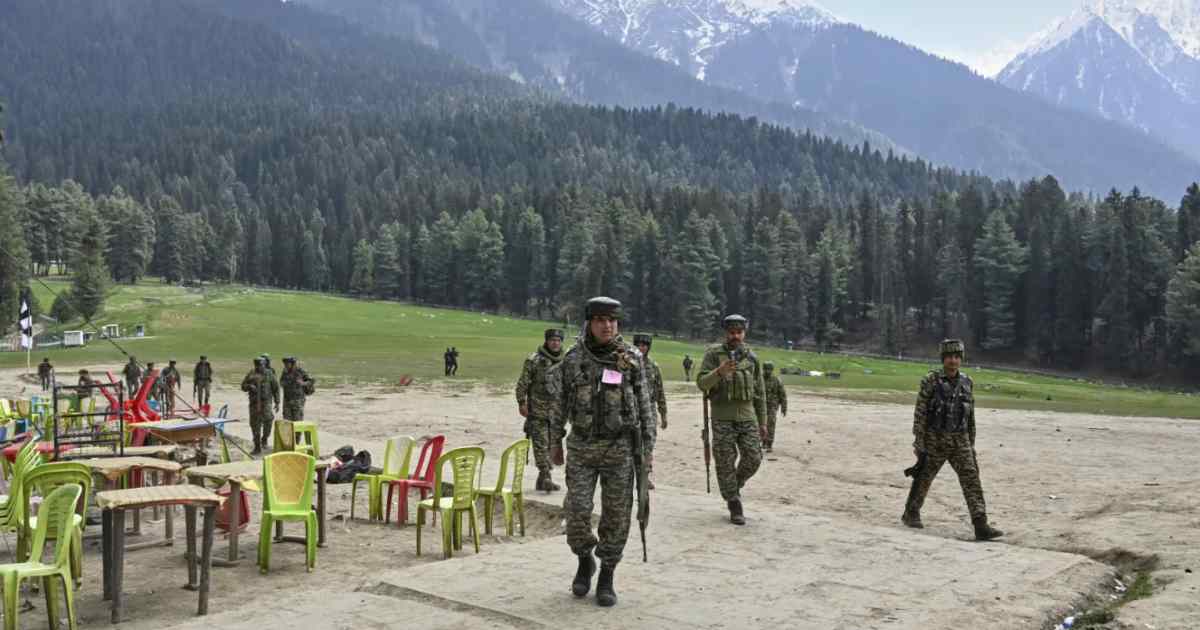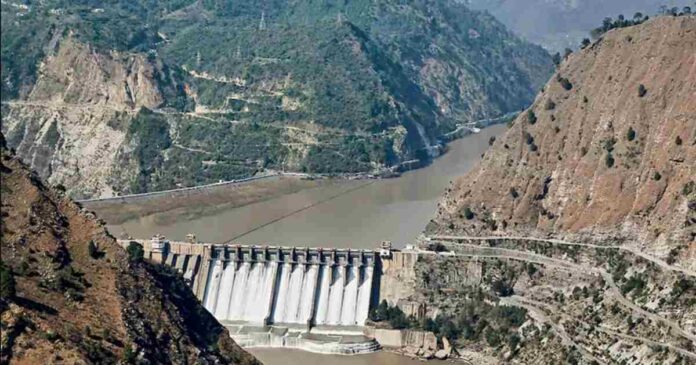The Indus Waters Treaty (IWT) has represented a significant achievement in cooperation between India and Pakistan for over 60 years. Now that India has suspended the treaty in response to the Pahalgam attack, let’s explore the history of this treaty, its significance, and the recent dramatic changes.
A Landmark Agreement
Signed in 1960 with World Bank mediation, the IWT carefully divided the Indus Basin’s six rivers. India gained control over the three eastern rivers: Ravi, Beas, and Sutlej. Pakistan received control over the three western rivers: Indus, Jhelum, and Chenab. However, India retained limited rights for non-consumptive uses, like specific hydropower projects, on the western rivers.
Decades of Endurance
The treaty’s strength became legendary. It remarkably survived major conflicts between the nations, including the wars of 1965, 1971, and 1999. Disputes certainly arose. Conflicts often centred on Indian hydropower projects on the western rivers, such as Baglihar and Kishanganga. Yet, the IWT provided mechanisms to resolve these issues. These included the Permanent Indus Commission, neutral experts, and courts of arbitration. Despite frequent political tensions, this water-sharing framework endured, providing vital stability for water management, particularly for downstream Pakistan. Pakistan heavily relies on the Indus system for over 80% of its agricultural irrigation.
The 2025 Suspension: An Unprecedented Step
This long history of resilience faced an unprecedented challenge in late April 2025. India’s Cabinet Committee on Security announced the immediate suspension of the IWT. India cited a deadly terrorist attack on tourists in Pahalgam, Jammu and Kashmir, as the reason, attributing it to cross-border elements. New Delhi declared the treaty would remain “in abeyance.” This status would continue until Pakistan takes “credible and irrevocable” steps against cross-border terrorism.

Read More: PMD Issues Drought Alert in Pakistan Amid Severe Water Crisis
Implications of the Suspension
This action marks the first time the Indus Waters Treaty operations have halted since 1960. The treaty itself lacks clauses for unilateral suspension or termination. India’s move effectively pauses its treaty obligations, like sharing data or cooperating on projects. While India cannot physically stop the western rivers’ flow into Pakistan immediately without new, large-scale infrastructure, the suspension represents a major policy change. It creates deep uncertainty around a critical water-sharing agreement and could significantly impact regional stability and water security for millions.
Stay tuned to Brandsynario for latest news and updates






































